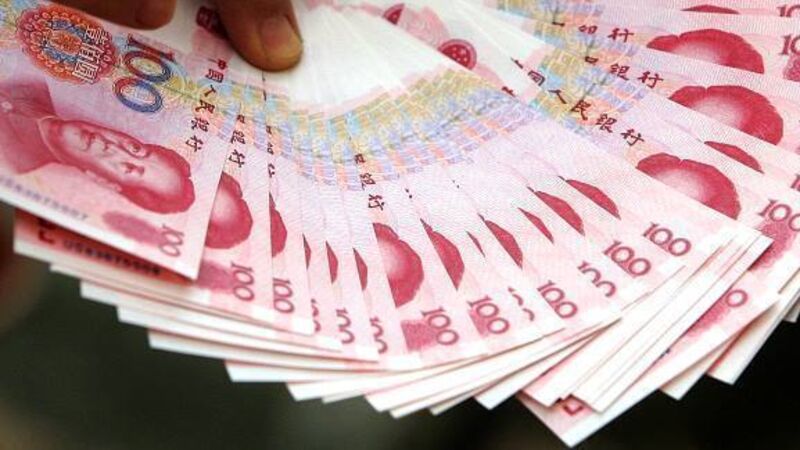China seizes up to €138bn of unspent budgets

The underspend, linked to officials’ reluctance to splash out on big-ticket projects while authorities crack down on corruption, supports the argument of some economists that Chinese state investment has grown too slowly this year.
“In the past, local governments had asked for the money. Money was given, but no one acted,” said one of two sources close to the government.
















